The Cowgirl Project: A Groundbreaking Collaboration in Virtual Production
Prepare to step into a world where imagination meets innovation with The Cowgirl Project, a pioneering short film born from a unique collaboration between Plume Films and Racquet Studios. This ambitious endeavor seamlessly blends Plume Films' signature handmade aesthetic with Racquet Studios' cutting-edge Unreal Engine virtual production technology, creating a truly one-of-a-kind cinematic experience.
The Story: A Heroine's Journey
"THE COWGIRL," written by Chris Lewort, tells the heartwarming tale of a fearless 8-year-old cowgirl. Haunted since childhood by an "Evil Cloud," she embarks on a journey of courage, ultimately deciding to confront her fear. From the tranquil setting of a lighthouse to a dusty Western town and a vibrant neon city, our young cowgirl, armed with only her rocking horse and a hand shaped like a "pistol," bravely pursues and defeats the menacing cloud. It's an inspiring narrative about resilience and overcoming internal battles, culminating in the powerful declaration: "Cowgirls never lose."
Blending Worlds: Handmade Aesthetics Meet Unreal Engine Magic
What makes The Cowgirl Project truly unique is its innovative production approach. It's a collaboration where Plume Films' distinct handcrafted style—evident in elements like cardboard cityscapes, vivid 2D animation overlays, and a mischievous "inky" cloud—is seamlessly integrated with Racquet Studios' advanced virtual production capabilities, powered by Unreal Engine.
To achieve this singular visual language, we've brought together a diverse range of techniques:
Model making: Crafting tangible elements that bridge the physical and virtual.
Prop building: Designing and constructing detailed props that enhance the narrative and visual richness.
Virtual Production: Leveraging real-time rendering and LED volumes for dynamic, immersive environments.
Traditional 2D animation: Incorporating hand-drawn elements that infuse the film with Plume Films' unique artistic flair.
This hybrid methodology allows us to create stunning visual effects, such as dynamic cloud lighting and an explosion of colour and chaos as the cowgirl battles her adversary, pushing the boundaries of traditional filmmaking.

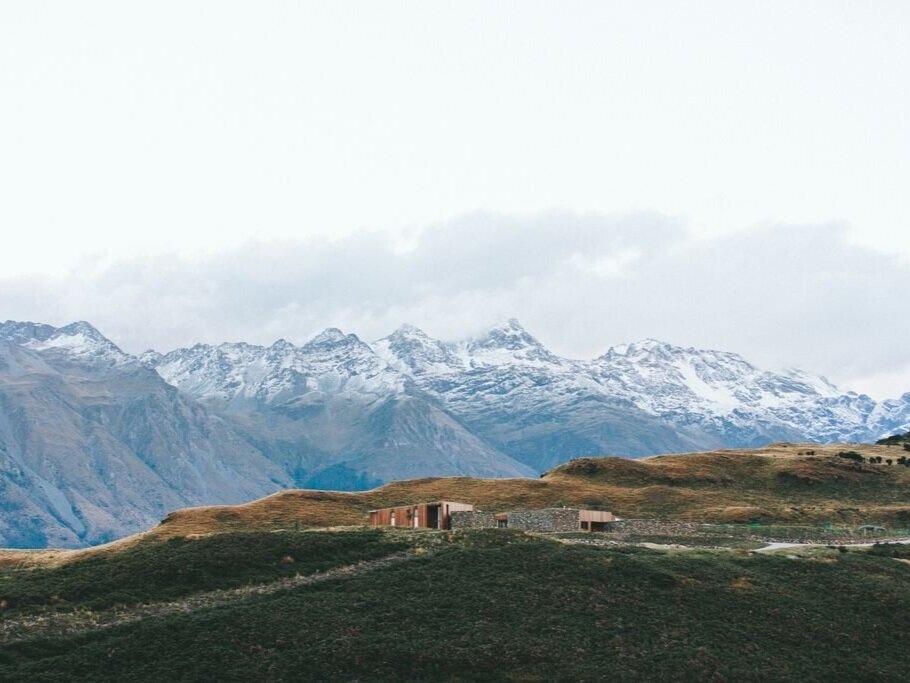
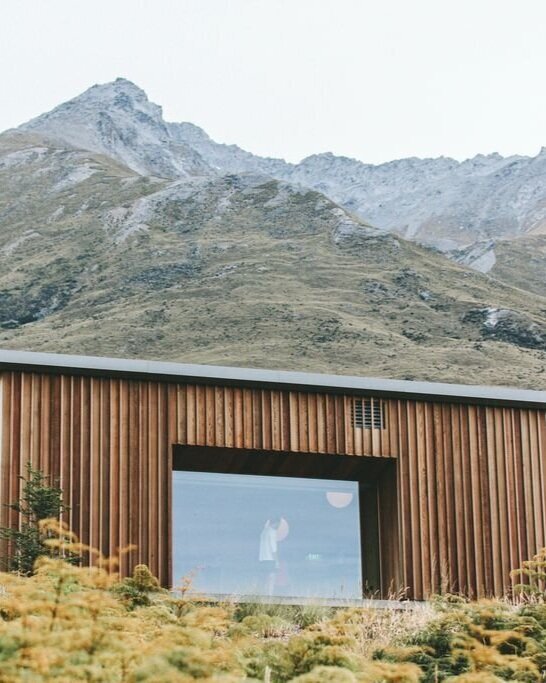
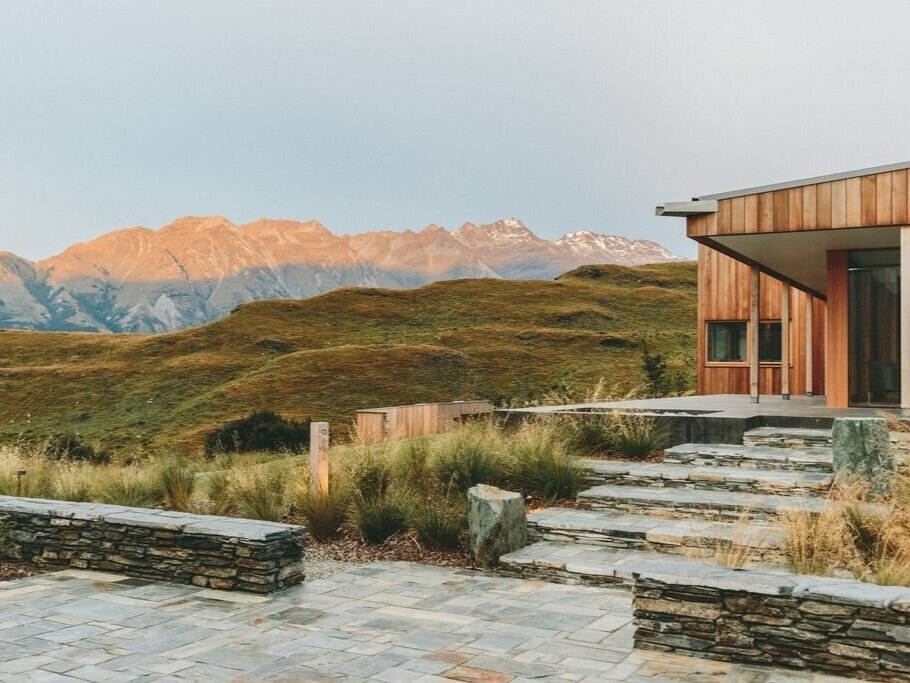
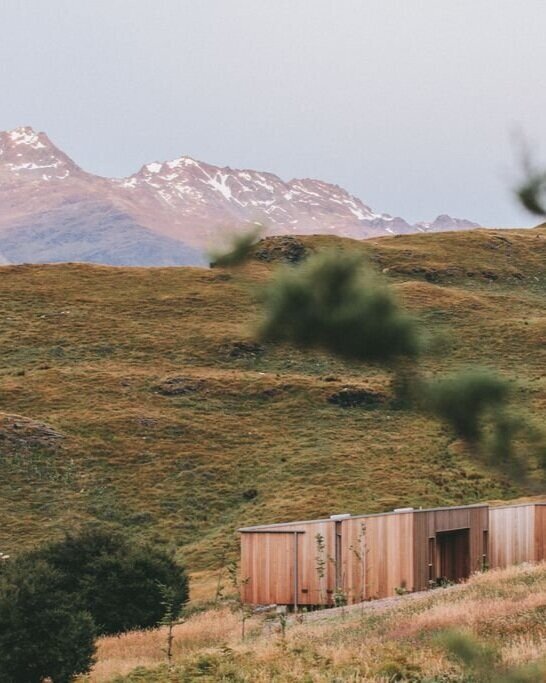
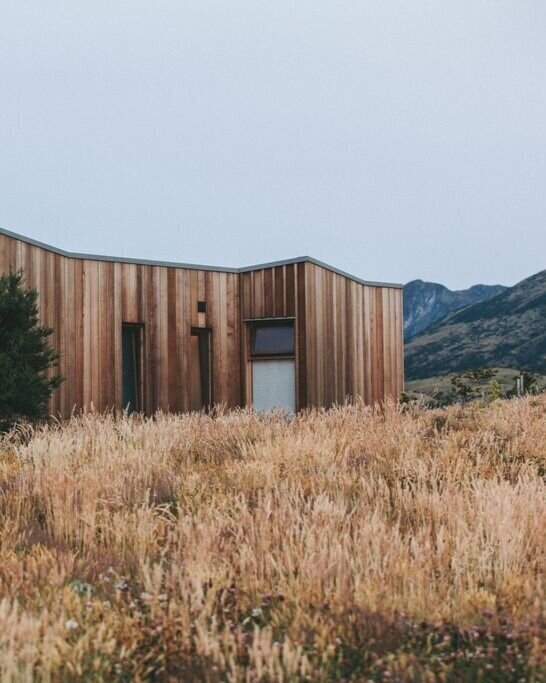
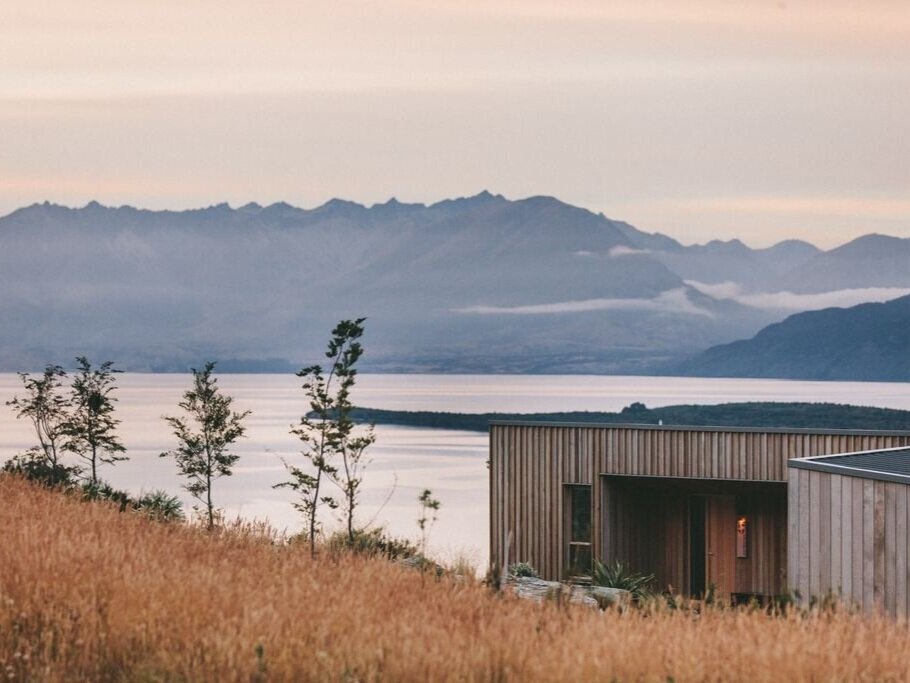
Behind the Scenes: A Collaborative Effort
The production of The Cowgirl Project was a true testament to the power of collaboration, blending creative vision with technical prowess thanks to a highly skilled and dedicated crew. Plume Films spearheaded the production, with Racquet Studios handling the virtual production. Chris Lewort directed, capturing stunning visuals alongside Director of Photography Rob Wilton. The compelling lead performance came from Lyla Calf of Young Actors Agency. The extensive crew included JR Lewis as Head of Production, Robert Ruardy as Head of Technical, and Plume Films also serving as Art Director, with C Tingols as AD. Lighting was expertly managed by Iron Hand Film Lighting (Gaffer) and Bogdan Roth Robert (Spark), supported by Props Assistant Dave Hipperson. On the camera team, David Cawley was Camera Operator, Max Edmed was 1st AC, and Danzigg was 2nd AC. Zai Tangent created the immersive sound design, JGR 6.6 was the Floor Manager, and Duquee Photo assisted as Trainee Spark.
The project leveraged top-tier equipment and software to bring its vision to life. The team filmed with an ARRI ALEXA Mini LF camera and Cooke Optics lenses, with both the camera and lens kit supplied by VMI.TV. Lighting was provided by Iron Hand Film Lighting. For camera tracking, they utilized Stype RedSpy, while Litepanels and Quasarscience handled IBL. Stabilisation was achieved with Egripment Camera Support. The immersive LED Volume was a collaborative effort using ROE Visual, Brompton Technology, and Video Screen Services technology. The virtual production engine was powered by Unreal Engine, Capturing Reality was used for photogrammetry, and Assimilate Inc. handled IBL software.

